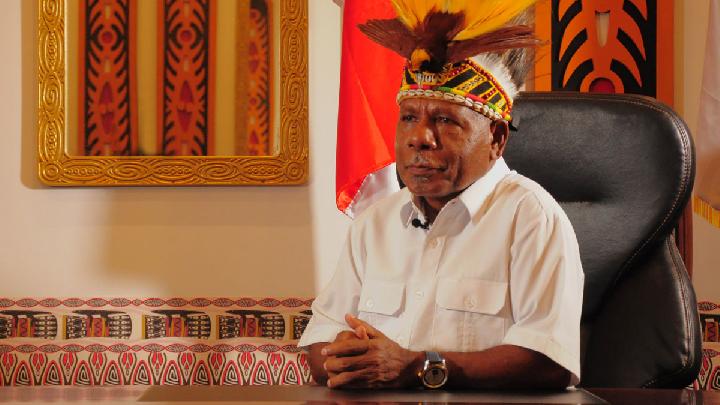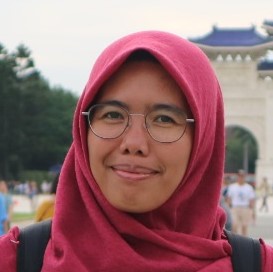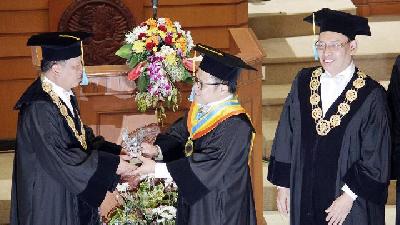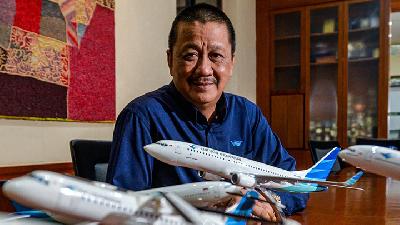Cultural Path in Developing Papua
Monday, February 15, 2021
Mathius Awoitauw changes the governance system by involving customary community structure. Development engages the local people.
arsip tempo : 171408530635.

EIGHT years serving as the Jayapura Regent, Mathius Awoitauw launched a book titled Kembali ke Kampung Adat, Meniti Jalan Perubahan di Tanah Papua (Returning to Customary Village, Treading the Path of Change in Papua) in early January. In the book, he offers cultural path by involving customary village structure in developing Papua. “Papua is unique. Its floras are the most abundant in the world, more than Madagascar, and its culture i
...
Subscribe to continue reading.
We craft news with stories.
 For the benefits of subscribing to Digital Tempo, See More
For the benefits of subscribing to Digital Tempo, See More











